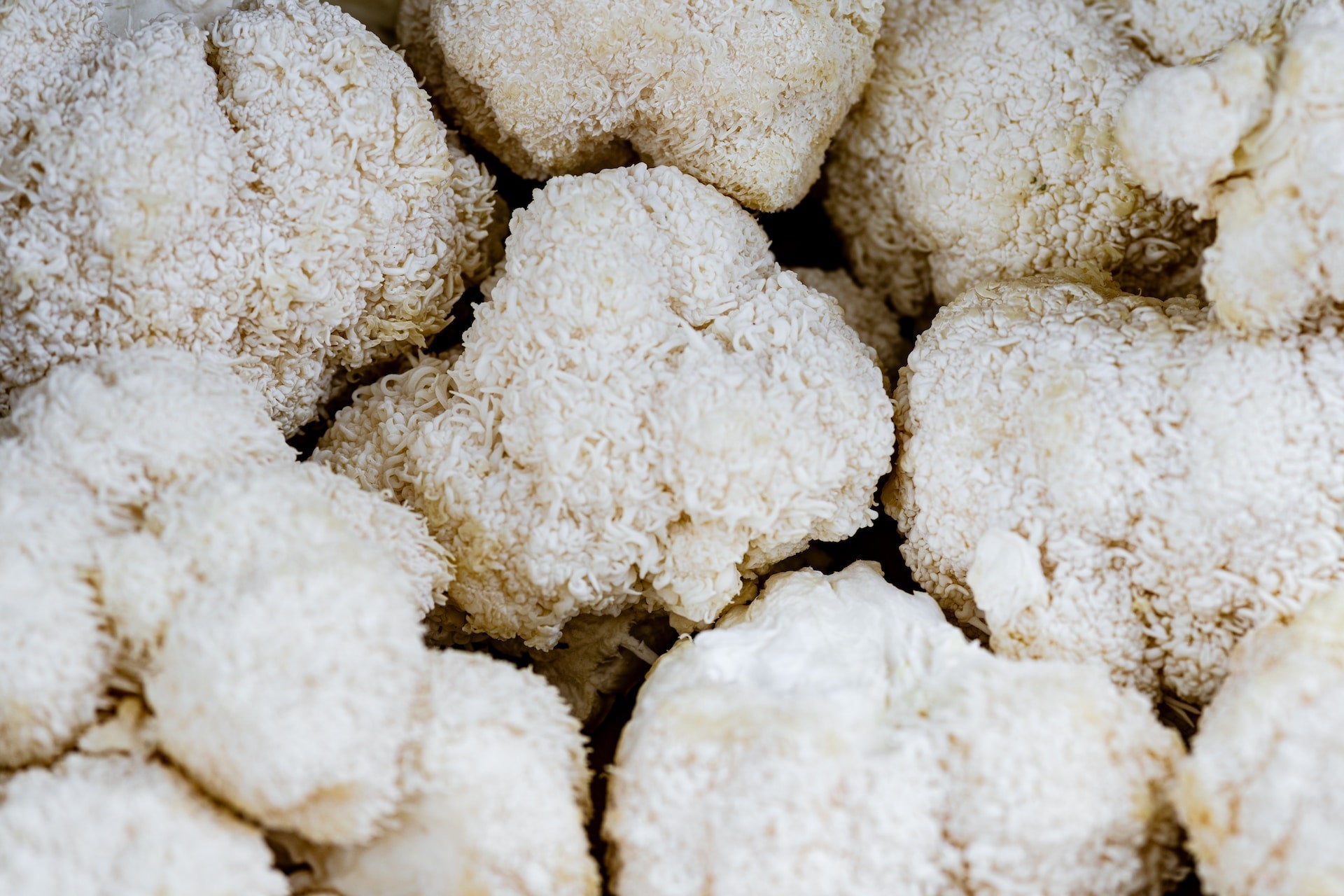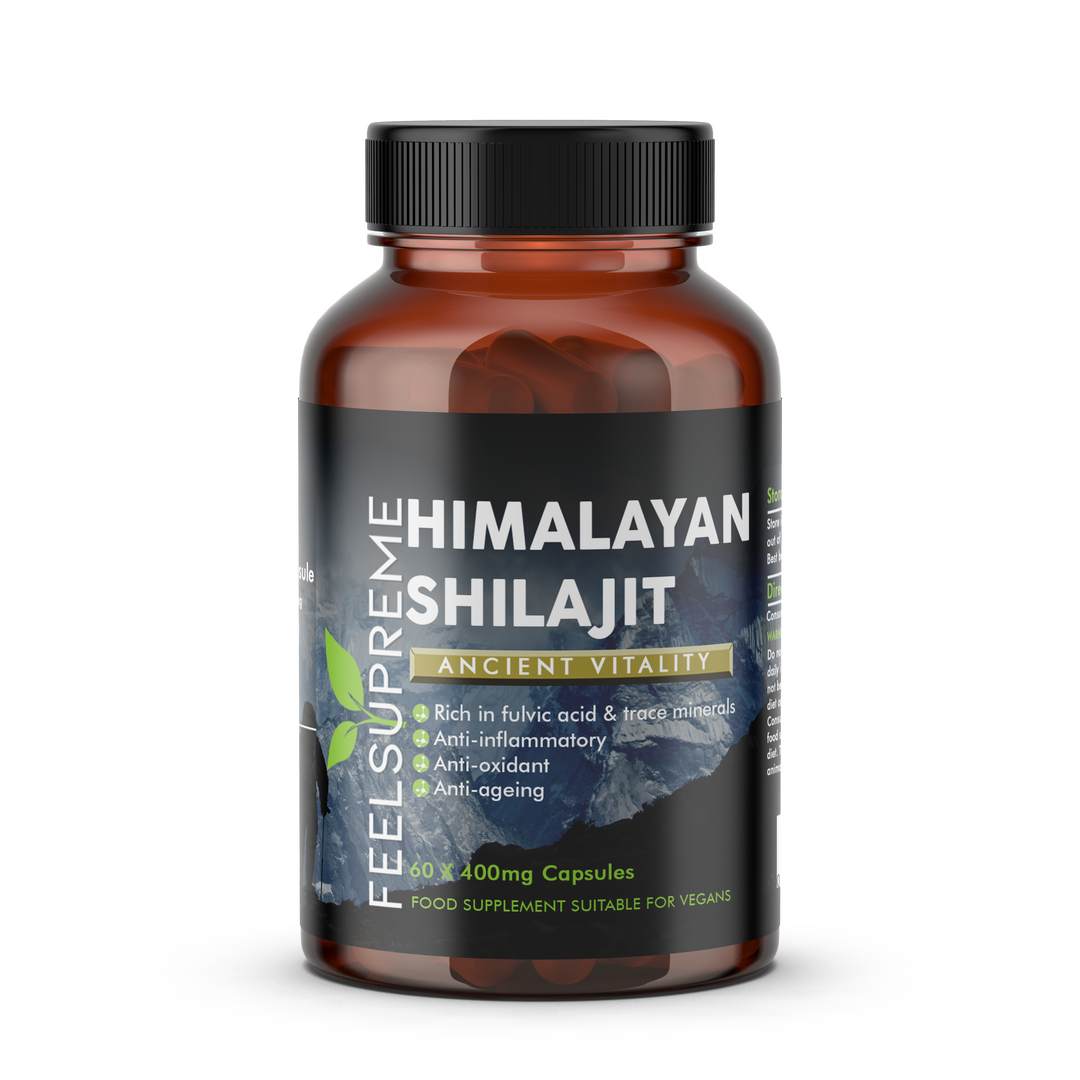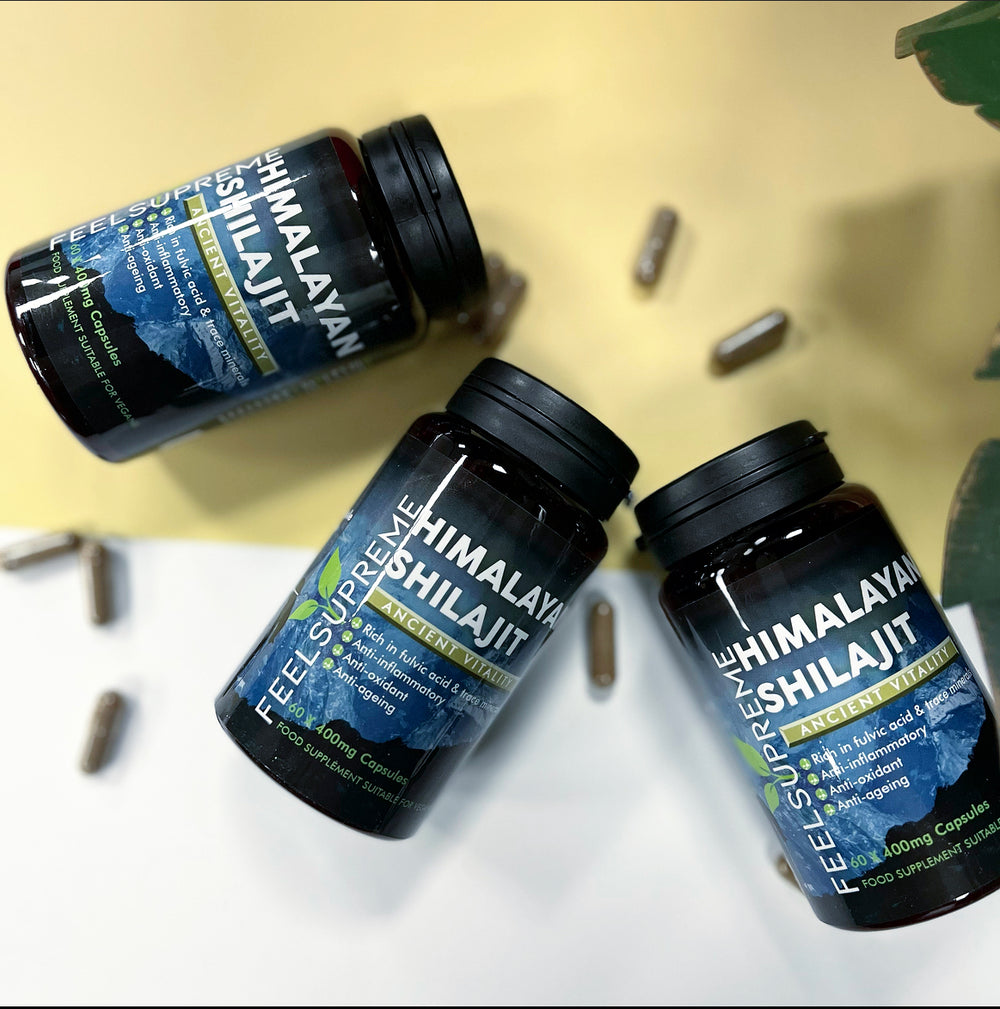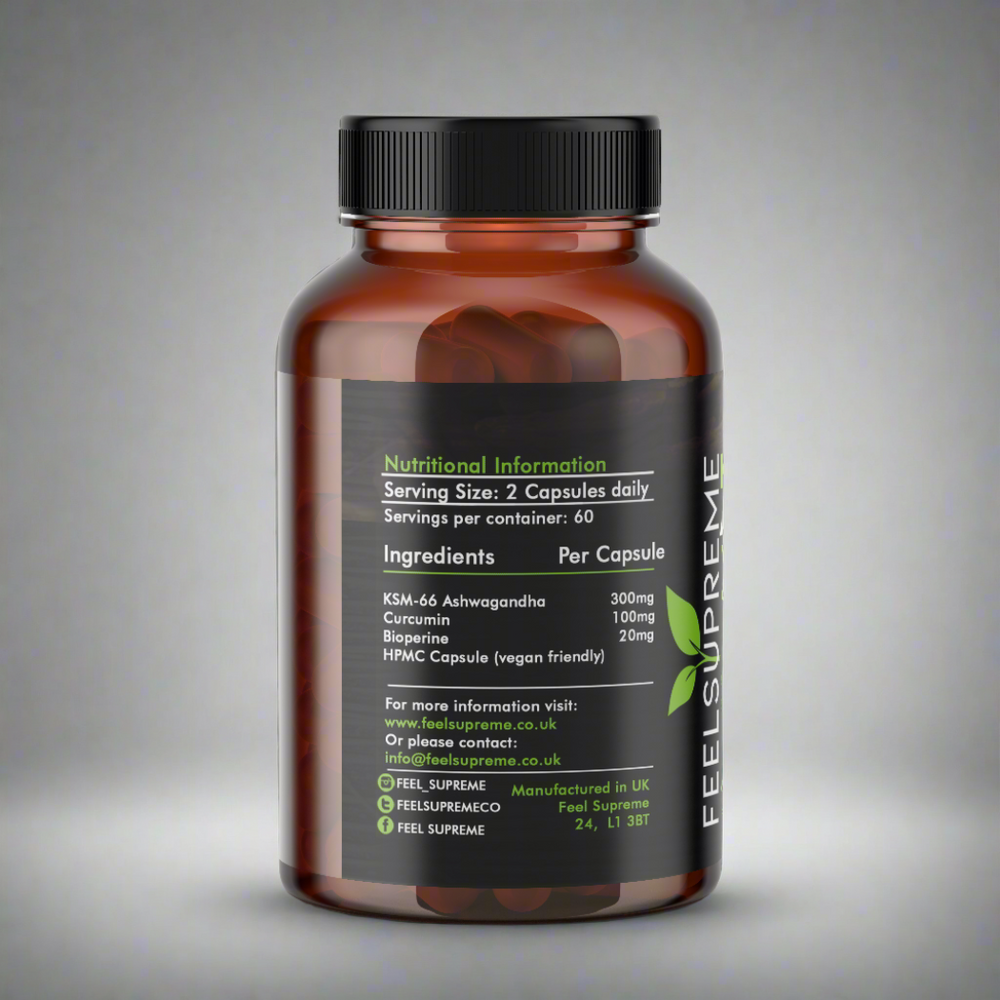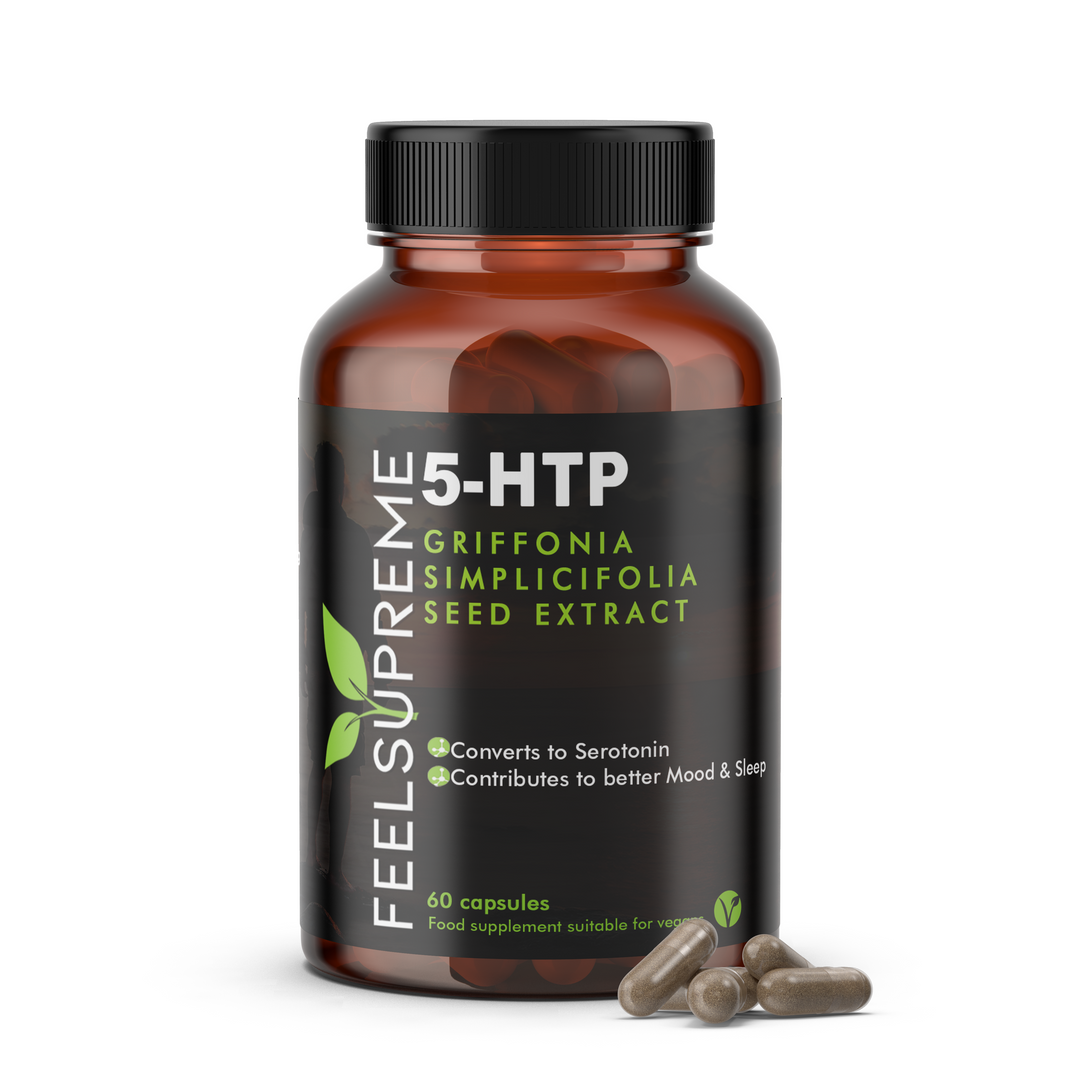Lion's Mane Mushroom, also known as Hericium Erinaceus, has a rich history deeply rooted in ancient traditions. With its intriguing appearance and promising health benefits, this mushroom has transcended time to become a sought-after dietary supplement in today's modern world. In this article, we will explore the origins of the Lion's Mane Mushroom. Furthermore, we will discuss how you can take advantage of its incredible health benefits.
Unveiling the Mystique: Lion's Mane Mushroom and Its Origins
Lion's Mane Mushroom, a unique fungus, has a history dating back centuries, even in the UK Lion's Mane Mushroom was used in traditional medicine to treat digestive ailments, as well as to improve overall health and vitality. It was also believed to have a positive effect on cognitive functioning, including memory and concentration. Originally this mushroom was used in traditional Chinese medicine. This mushroom's shaggy, cascading appearance resembles a lion's mane, giving it its memorable name.
Lion's Mane Mushroom is also rich in antioxidants, which can help to protect the body from oxidative damage. It also contains compounds such as polysaccharides and erinacines, which may help to stimulate the growth of brain cells and nerve cells, as well as reduce inflammation. For instance, erinacines have been shown to reduce age-related cognitive decline, such as memory loss and cognitive decline.
All in all, Lion's Mane Mushroom is a great choice for those looking to maintain their brain health.
The Ancient Wisdom of Lion's Mane
Ancient texts from China and Japan, such as the "Ben Cao Gang Mu" and the "Shen Nong Ben Cao Jing," revered Lion's Mane Mushroom for its medicinal properties. It was believed to nourish the "shen" (spirit) and support the body's health. Monks and herbalists often used it in teas and tonics to promote mental clarity and focus. Thus, the Lion's Mane mushroom has been a significant part of traditional Chinese and Japanese medicine for centuries.
Modern Resurgence
Fast forward to the modern era, and the Lion's Mane Mushroom has captured researchers' and health enthusiasts' attention. Scientific studies have shed light on its potential health benefits, sparking a resurgence in its popularity as a dietary supplement.
Health Benefits of Lion's Mane Mushroom: A Modern Perspective
- Nurturing the Nervous System - One of Lion's Mane Mushroom's standout benefits lies in its potential to support the nervous system. Recent research has shown that it stimulates nerve cell growth and repair. This makes it a natural contender for aiding recovery from nervous system injuries and promoting overall neural health.
- An Ally Against Inflammation - Inflammation is often at the root of various health issues. Lion's Mane Mushroom has garnered attention for its anti-inflammatory effects, offering potential relief from inflammation-related problems. It has found favour among those seeking natural ways to combat inflammation discomfort.
- Enhancing Mood and Reducing Stress - In our fast-paced modern lives, mood improvement and stress reduction are highly valued. Lion's Mane Mushroom may hold the key to a calmer mind and brighter mood. Its ability to support nerve growth and reduce inflammation can contribute to well-being and relaxation.
- Boosting Digestive Health - A healthy gut is the cornerstone of overall well-being. Lion's Mane Mushroom has been studied for its potential to positively impact digestive health. Whether by promoting a balanced gut microbiome or preventing stomach ulcers, it offers hope for digestive wellness.
- Anti-Aging Effects and Cancer Prevention - While it may not be the mythical fountain of youth, Lion's Mane Mushroom has anti-aging effects. Additionally, research has explored its potential for cancer prevention, although it should be emphasised that it is not a replacement for medical treatments.
How to Incorporate Lion's Mane Mushroom Into Your Daily Life
Incorporating Lion's Mane Mushroom into your daily life can be a culinary adventure. You can use it in various dishes, such as soups, stews, and stir-fries, to infuse your meals with its mild, earthy flavour.
Lion's Mane Mushroom can also be enjoyed as a tea. Simply steep dried Lion's Mane slices in hot water for a soothing and healthful beverage. Some prefer adding a touch of honey or lemon to enhance the taste.
Supplements for Convenience
For those with busy lifestyles, Lion's Mane Mushroom is available in supplement form. Capsules and powders provide a convenient way to integrate this superfood into your daily routine.
What You Need to Know About Lion's Mane Mushrooms
- Bioluminescence: In its natural habitat, the Lion's Mane Mushroom can sometimes emit a faint, bioluminescent glow, creating an enchanting spectacle in the dark forests where it thrives.
- Neuroprotective Potential: The bioactive compounds in Lion's Mane Mushroom may play a role in protecting brain cells, potentially offering neuroprotective benefits.
- Environmental Impact: Lion's Mane Mushroom cultivation can be eco-friendly, as it often involves using agricultural byproducts, reducing waste, and promoting sustainable practices.
Closing Thoughts
Lion's Mane Mushroom, with its ancient roots and modern resurgence, represents a bridge between traditional wisdom and scientific exploration. As research continues to unveil its potential health benefits, integrating Lion's Mane Mushroom into your daily life offers an exciting opportunity to nurture your well-being. Whether through culinary creations, teas, or supplements, this remarkable fungus may hold the key to a healthier and happier you. It blends the wisdom of the past with the promise of the future.


